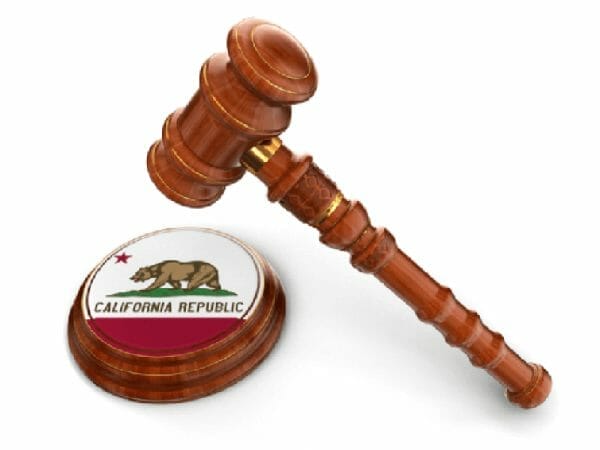
Fayetteville, AR –-(Ammoland.com)- America has had a long history of nullification, the idea that federal laws can be ignored within the borders of a particular state. More broadly, it is the notion that the rules don’t apply if I and the people in my neighborhood—or jury box or county or half of the continent west of the Mississippi—don’t agree with them.
This is a natural opinion in a nation that began by telling the king of England what he could do with his stamps—and the contemporary fascination with the royal wedding suggests that lots of Americans have forgotten the spirit of 1776. But a nation cannot operate if a large enough percentage of the population feels no obligation to work within the system. And that’s the inherent contradiction in our national character. We threw off an unsatisfactory ruler, and now we expect our people to follow the rules.
What we can say is that the founding principles of this country have been better with regard to the human well being than many experiments tried before. We haven’t always lived up to them, and there is work left to do, but our system that respects basic rights while building a structure to fulfill our common duties has produced a lot of good results.
As with our Declaration of Independence, if we are going to nullify something, we owe an explanation for what justifies that act, and it’s hard to provide a reasonable explanation for using nullification to curtail rights, rather than expanding their exercise.
I discuss all of this to lay some context for a pair of rulings in district courts in California that declared that the Second Amendment means something other than what the plain text says. One declared that AR-15s and similar things called “assault weapons” by the State of California are not protected by the Second Amendment, since there are “myriad options for self-defense—including the handgun, the ‘quintessential’ self-defense weapon per Heller,” while the other sees the restrictions on carry licenses as reasonable—and therefore permissible—suggesting that those self-defense options in the first ruling will last only as long as the legislature and courts are willing to let them.
We could say here that the Supreme Court will straighten things out eventually. But that court’s rulings have made it clear that the Second Amendment protects an individual right to own firearms in common use. It takes a special level of perversity to believe that this doesn’t apply to AR-15s. Whether they are uniquely dangerous or not, whether they are the favorite of mass shooters or not, whether they were made for the military first or not, millions of Americans own them, and if we want to ban them, either the Supreme Court will have to reverse themselves or the Constitution will have to be amended.
The problem here isn’t tied only to gun rights. Despite a century of decisions protecting speech and the press, for example, if we were to adopt California’s approach, we could just as well declare that the First Amendment doesn’t guarantee the right of each of us to disagree with the government. The original nullification debates, in fact, were over the Sedition Act during the administration of John Adams, a controversy that took place before the judicial branch decided that the relevant amendment really does prevent the government from banning expressions that criticize the president and Congress.
If California had nullified the order to lock up Japanese Americans, I would acknowledge the risk to the rule of law, but would nevertheless say that the right thing had been done. But when that nullification both curtails the rights of the state’s residents and runs contrary to federal law, it’s indefensible. We can wait for the highest court to issue yet another ruling, but protecting gun rights has to be a fight on multiple fronts, and that will include supporting candidates who are on our side and who will name judges on our side to the bench and then filing lawsuits across the country against bad laws to create conflict in the rulings that rise up through the system. And to our brothers and sisters in California specifically, I say hang on.
This is a long struggle, but you’re not alone.
About Greg Camp
Greg Camp has taught English composition and literature since 1998 and is the author of six books, including a western, The Willing Spirit, and Each One, Teach One, with Ranjit Singh on gun politics in America. His books can be found on Amazon. He tweets @gregcampnc.
